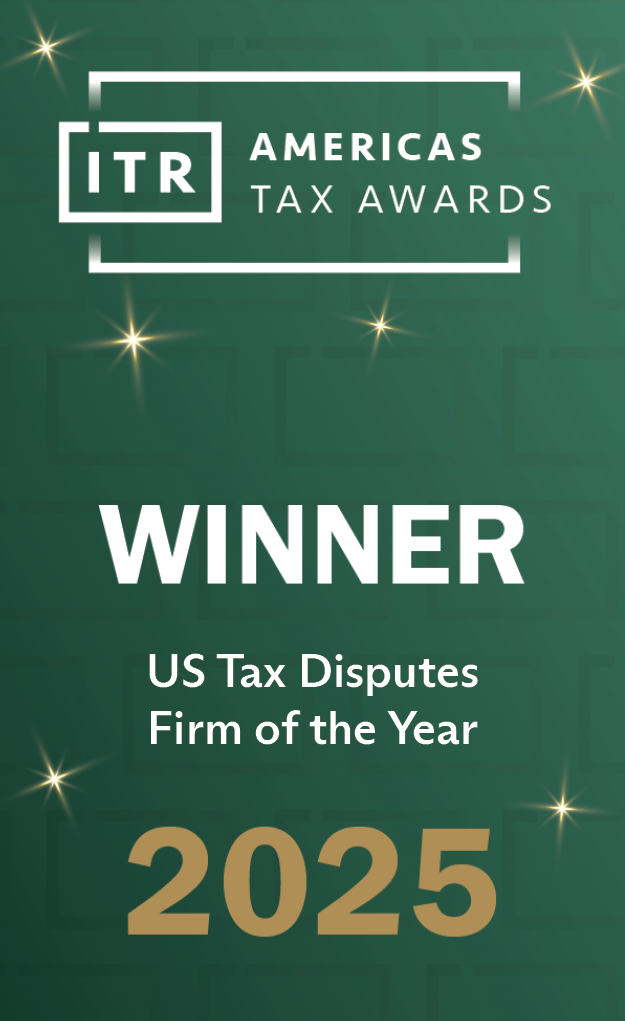On July 27, 2018, the US Court of Appeals for the Federal Circuit in Alta Wind v. United States, reversed and remanded what had been a resounding victory for renewable energy. The US Court of Federal Claims had ruled that the plaintiff was entitled to claim a Section 1603 cash grant on the total amount paid for wind energy assets, including the value of certain power purchase agreements (PPAs).
We have reported on the Alta Wind case several times in the past two years:
Government Appeal of Alta Wind Supports Decision to File Suit Now
Act Now To Preserve Your Section 1603 Grant
SOL and the 1603 Cash Grant – File Now or Forever Hold Your Peace
In reversing the trial court, the appellate court failed to answer the substantive question of whether a PPA that is part of the sale of a renewable energy facility is creditable for purposes of the Section 1603 cash grant.
Trial Court Decision
The Court of Federal Claims awarded the plaintiff damages of more than $206 million with respect to the cash grant under Section 1603 of the American Recovery and Reinvestment Act of 2009 (the Section 1603 Grant). The court held that the government had underpaid the plaintiff its Section 1603 Grants arising from the development and purchase of large wind facilities when it refused to include the value of certain PPAs in the plaintiffs’ eligible basis for the cash grants. The trial court rejected the government’s argument that the plaintiffs’ basis was limited solely to development and construction costs. Instead, the court agreed with the plaintiffs that the arm’s-length purchase price of the projects prior to their placed-in-service date informed the projects’ creditable value. The court also determined that the PPAs specific to the wind facilities should not be treated as ineligible intangible property for purposes of the Section 1603 Grant. This meant that any value associated with the PPAs would be creditable for purposes of the Section 1603 Grant.
Federal Circuit Reverses and Remands
The government appealed its loss to the Federal Circuit. In its opinion, the Federal Circuit reversed the trial court’s decision, and remanded the case back to the trial court with instructions. The Federal Circuit held that the purchase of the wind facilities should be properly treated as “applicable asset acquisitions” for purposes of Internal Revenue Code (IRC) section 1060, and the purchase prices must be allocated using the so-called “residual method.” The residual method requires a taxpayer to allocate the purchase price among seven categories. The purpose of the allocation is to discern what amount of a purchase price should be ascribed to each category of assets, which may have significance for other parts of the IRC. For example, if the purchase price includes depreciable plant equipment and non-depreciable property (e.g., cash and marketable securities), the residual method asks the taxpayer to allocate the total purchase price between the property classes.
The Federal Circuit remanded the case back to the Claims Court to determine the proper allocation of the purchase prices of the wind facilities.
Why Is This Case Important?
If you are in the renewable energy industry, this decision is likely very important. Indeed, there are numerous taxpayers who did not receive the full amount of their Section 1603 Grant based upon the government’s reduction of the claim for the value of a PPA. This case will have precedential effect on those taxpayers’ claims. Moreover, the decision will affect how the industry prices deals for renewable facilities. These transactions have historically involved substantial financial modeling based upon cash flows.
The Federal Circuit Left the Primary Issue Unanswered
The Federal Circuit left the primary issue in the case, whether the PPA is creditable for purposes of the Section 1603 Grant, to the trial court to decide on remand. Accordingly, if the trial court determines that the PPAs cannot be divorced from the wind farm facilities assets, they will be correctly allocated to “Class V” in IRC section 1060, and will be credit able for purposes of the Section 1603 Grant. Implicitly, this is what the trial court had already decided, and the result would obtain the same economic result for the plaintiff as its original ruling. We will continue to follow this matter to see whether the trial court follows the prevailing thinking on this issue and of a decade of legal support.







